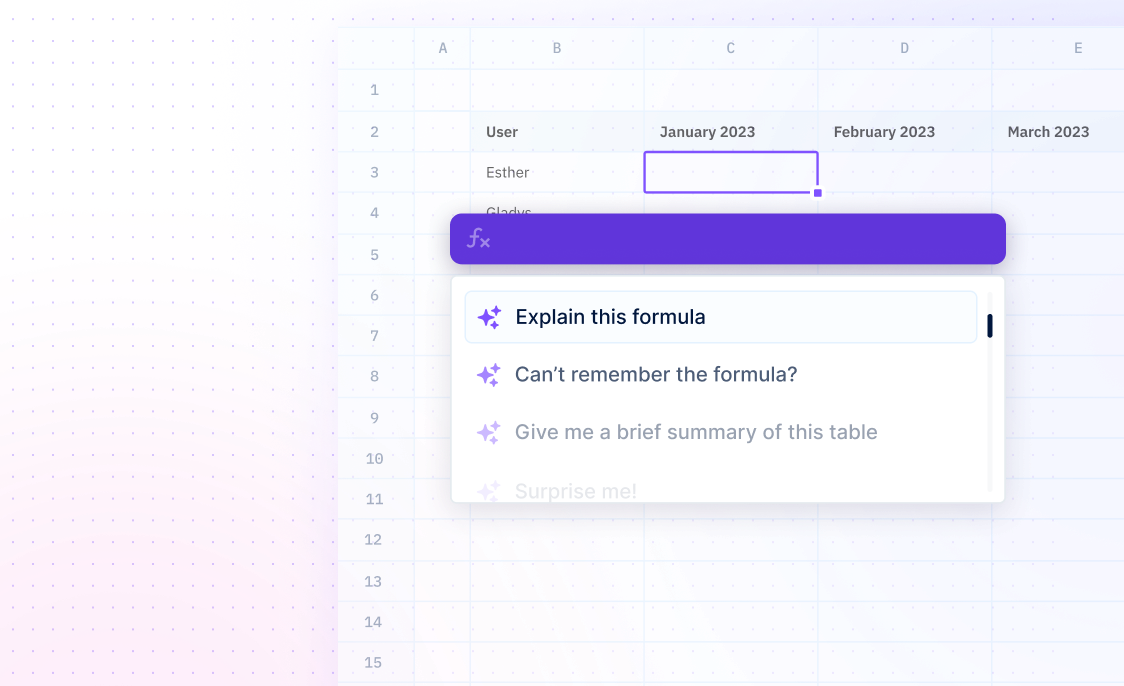
BESSELK
Formulas / BESSELKReturn the modified Bessel function.
=BESSELK(x,n)
- x - the value to evaluate the function on
- n - the order of the Bessel function
Examples
=BESSELK(x, 1)The BESSELK function returns the modified Bessel function with an order of 1 at a given point. This can be represented in the above formula, where x is the given point.
=BESSELK(x, 1)For example, if you wish to calculate the modified Bessel function at 1.5, you would enter the above formula into a cell. This would return a value of 0.4204004.
=BESSELK(1.5, 5)The BESSELK function can also be used to calculate the modified Bessel function with a different order than 1. For instance, this formula calculates the modified Bessel function with an order of 5 at 1.5.
=BESSELK(2.5, 1)The BESSELK function can also be used to calculate the modified Bessel function with a different point than 1.5. For example, if you wish to calculate the modified Bessel function with an order of 1 at 2.5, you would enter the formula above.
Summary
The BESSELK function computes the modified Bessel function, which is the same as the Bessel function with purely imaginary arguments. It throws errors for non-numerical inputs and negative n values.
- The BESSELK function throws an error if either n or x are not numeric: #NUM! if n is negative and #VALUE! if x is not numeric.
- The BESSELK function calculates modified Bessel functions, which are Bessel functions with purely imaginary arguments.
Frequently Asked Questions
What is the BesselK Function?
What are the arguments for the BESSELK function?
What errors might I get when using the BESSELK function?
- #VALUE! error if either X or N is not a number
- #NUM! error if N is less than 0

